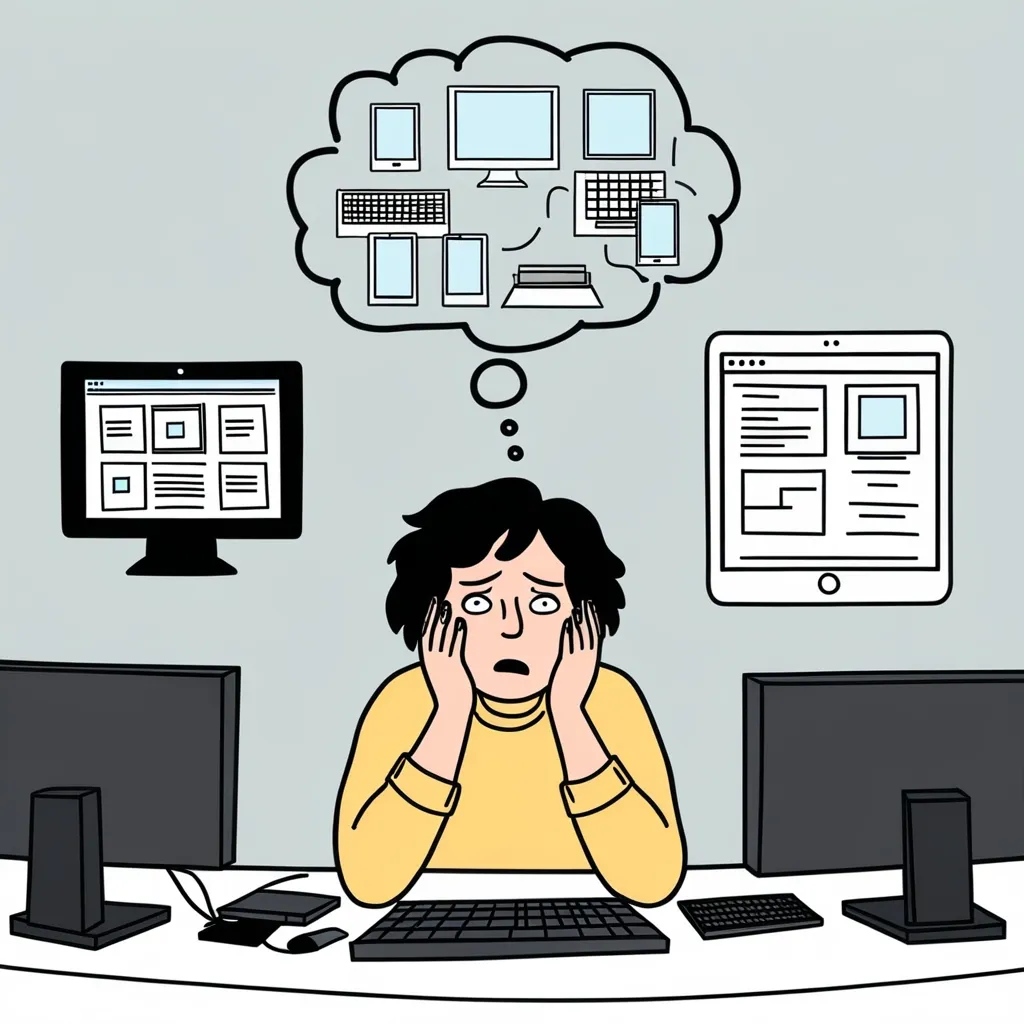Avoiding burnout is essential to keep our emotional, physical, and mental health in check. It’s not just about personal well-being, either—workplace environments play a big role too. Stress management can mean the difference between a productive, happy life, and feeling completely overwhelmed. Let’s dive into some surefire ways to manage stress and keep burnout at bay.
First, it’s super important to figure out what exactly is stressing you out. Think about your work and try to identify the main stressors. Is it heavy loads of tasks, tight deadlines, a tough boss, or maybe a tricky colleague? Once you know what’s causing your stress, you can start tackling it. For instance, if your workload is too much, try prioritizing your tasks or delegating some of them. If there’s an issue with a coworker or manager, having an open and honest chat can sometimes clear the air and reduce stress.
Effective time management is a game-changer. Make a list of what you need to do and sort those tasks by importance and urgency. Break down big tasks into smaller pieces and set doable deadlines for each one. This way, you keep focused and don’t feel overwhelmed. Seriously, avoid multitasking—it sounds efficient, but it actually increases stress and reduces productivity. Instead, handle one task at a time, giving it your full attention. Don’t forget to take breaks to recharge; it’s crucial for maintaining energy levels and reducing stress.
We often overlook self-care, but it’s incredibly vital. Regular exercise, a healthy diet, and plenty of sleep can significantly improve your physical and mental health. Exercise not only keeps you fit but also helps lighten your mood. A balanced diet and good sleep directly impact your overall well-being. Practices like meditation, yoga, or even simple deep breathing exercises are great for promoting relaxation and reducing stress.
Getting support when you need it can make a massive difference. Talk to a friend, family member, or colleague about what’s going on. Sometimes just verbalizing your feelings helps reduce stress. For chronic stress or burnout, professional help is always a good option. Mental health professionals can teach you coping strategies and offer guidance and support.
Don’t overlook the power of regular breaks. Short pauses every hour or so can prevent muscle tension, improve circulation, and boost productivity. Plus, longer breaks are essential for recharging your energy—use this time to do something you love, hang out with loved ones, or just relax.
Self-awareness is key. Pay attention to your feelings and physical sensations. Notice when stress starts creeping in and take action immediately. Understand your strengths and weaknesses and adjust your workload accordingly. If you function best in the morning, tackle your most important tasks then.
Developing healthy coping strategies can be a lifesaver. Exercise, meditation, journaling, chatting with a friend, or engaging in a creative activity are some great ways to deal with stress. Steer clear of unhealthy options like drugs, alcohol, or overeating—while they might provide temporary relief, they can cause long-term damage.
Creating a positive work environment is crucial too. Build strong relationships with colleagues and foster a supportive, collaborative culture. Open communication and willingness to lend a hand can go a long way. Also, make your physical workspace as comfortable and distraction-free as possible.
Keep your expectations realistic. Don’t bite off more than you can chew and be honest about what you can achieve within a given timeframe. Communicate openly with your boss and coworkers about your workload and be open to negotiations if needed. Know your limits and work on improving your strengths while acknowledging your weaknesses.
Celebrating small victories can give you a morale boost and reduce stress. Every little success adds up and keeps you motivated. Stay organized using tools like to-do lists or project management software. Breaking down larger tasks into smaller ones and crossing off completed tasks helps you feel more in control and less stressed.
A long-term perspective can also help manage stress. Focus on how your current tasks contribute to your long-term goals. This mindset keeps you motivated and reduces feelings of being overwhelmed.
Monitoring your stress levels is important for catching burnout before it happens. Pay attention to your body’s signals—nervous stomach, clammy hands, headaches, clenched teeth, or tense muscles are signs you’re stressed out. Take action to address these symptoms early on.
Work-life balance is crucial. Set boundaries between work and personal life. Talk to your manager about your priorities and make sure your workload is manageable. Use your vacation days and completely disconnect during your time off to recharge.
Incorporate relaxation techniques into your routine. Mindfulness, meditation, and deep breathing can keep you calm and focused even when stress levels rise. Lean on your support network—open up to loved ones about what you’re going through. Sharing feelings with family, friends, or colleagues makes you feel supported and understood.
Taking up hobbies and creative activities can help release dopamine and make life more enjoyable and interesting. Start small—like 30 minutes a week—and increase as you feel less stressed. Practicing mindfulness and self-compassion helps manage stress. Focus on what’s within your control and be kind to yourself, acknowledging that mistakes are part of life.
In summary, managing stress and preventing burnout involves a mix of strategies: self-care, effective time management, seeking support, and maintaining a healthy work-life balance. Incorporate these into your daily life to reduce stress, enhance well-being, and avoid burnout. Remember, taking care of yourself is essential for being the best version of yourself in every area of your life.






